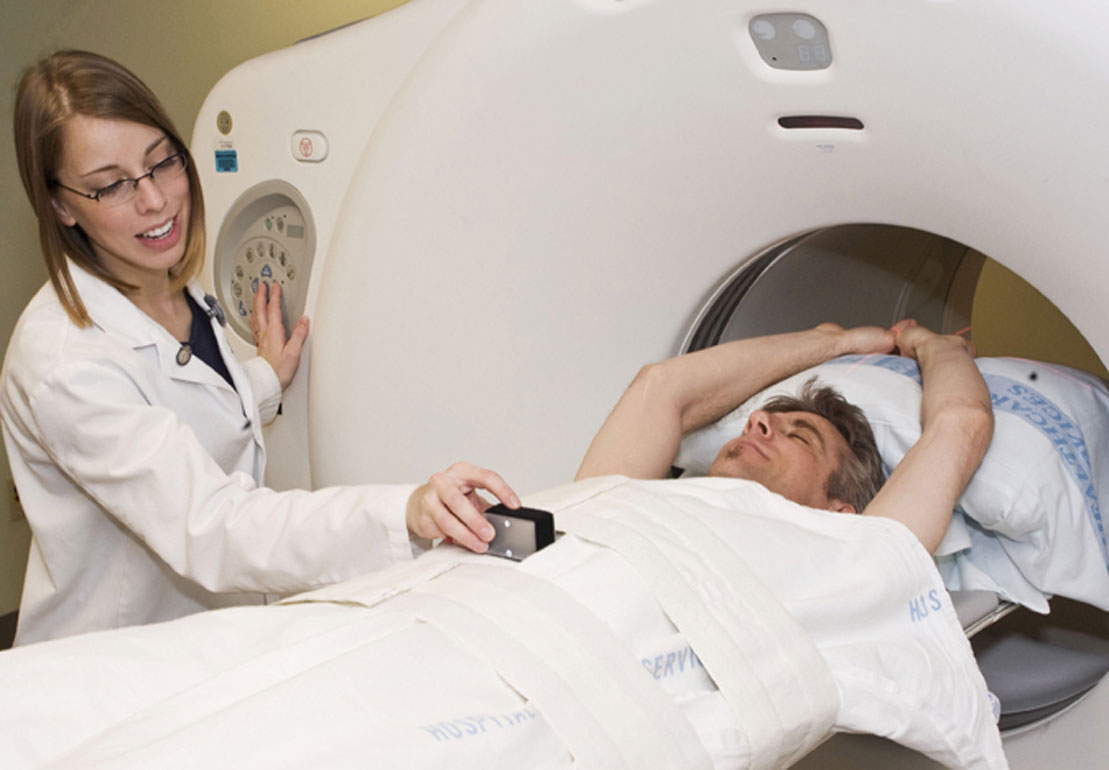
A patient receiving a CT scan at the UW Medical Centre. (Wikimedia)
By: Lindsay Newman
Canadians may be shocked to know they could be undergoing potentially unnecessary tests and procedures.
A new report “Unnecessary Care in Canada” was released on Thursday by Choosing Wisely Canada and the Canadian Institute for Health Information. It looked at eight areas of concern and made recommendations.
In Alberta about 30 per cent of patients with non serious lower back pain had at least one unnecessary MRI, X-ray or CT Scan. The report said in Manitoba, Saskatchewan and British Columbia quetiapine, which is commonly used to treat insomnia increased in children and young adults.
This report came to the conclusion that about 30 per cent of Canadians are going through unnecessary tests and procedures.
Tracy Johnson, spokesperson for CIHI, said unnecessary tests can be harmful to patients.
“If patients are getting things such as a CT scan they can get exposed to radiation, they can find other things that are minor and doctors want to cure these problems which means they’re sending them for more tests,” said Johnson.
Johnson said this is affecting our wait times as well.
“With patients getting unnecessary tests it is holding up the wait times for patients who actually need to get these tests done,” said Johnson.
The report included ways to stop the unnecessary tests and procedures:
- don’t do imaging for lower back pain
- don’t use atypical antipsychotics as a first-line intervention for insomnia in children and youth
- don’t use benzodiazepines or other hypnotics in older adults as the first choice for insomnia, agitation or delirium
- don’t routinely do screening mammography for average-risk women age 40 to 49.
Dr. Laurent Marcoux, spokesperson for the Canadian Medical Association said unnecessary treatment can be prevented.
“Physicians have to make sure that the test they’re prescribing is going to help the patient. Some patients actually ask for some of these tests but we tell them to be aware of the consequences after asking for these certain tests,” said Marcoux.
Those who would like more information and to read the report can go to the Canadian Institute for Health Information website.

